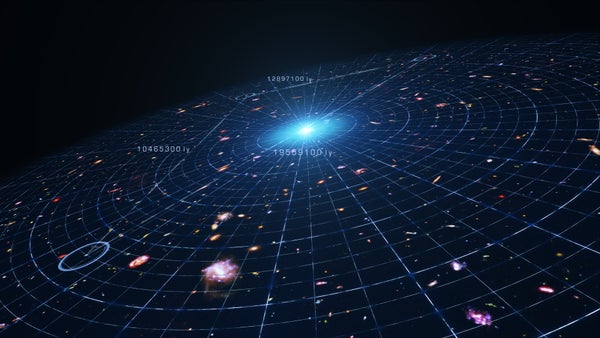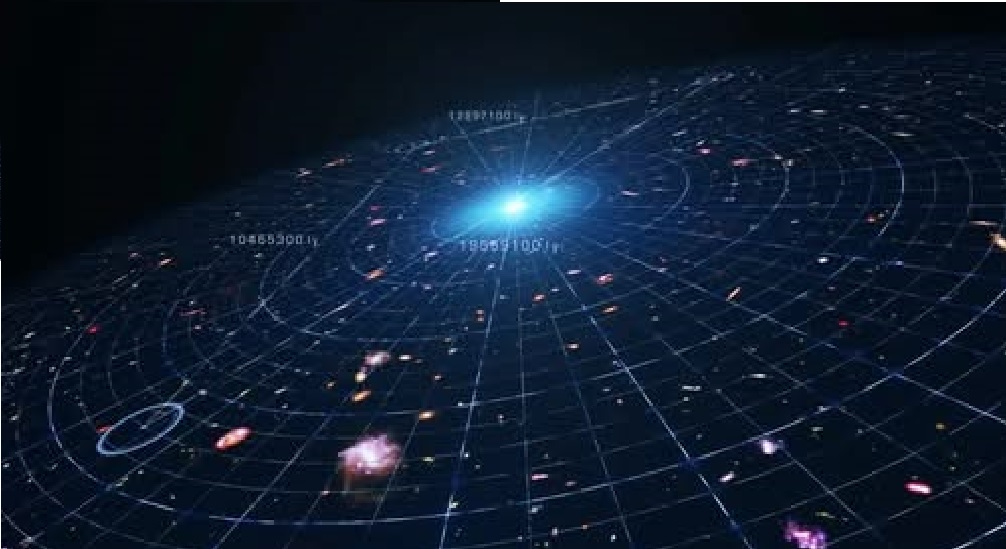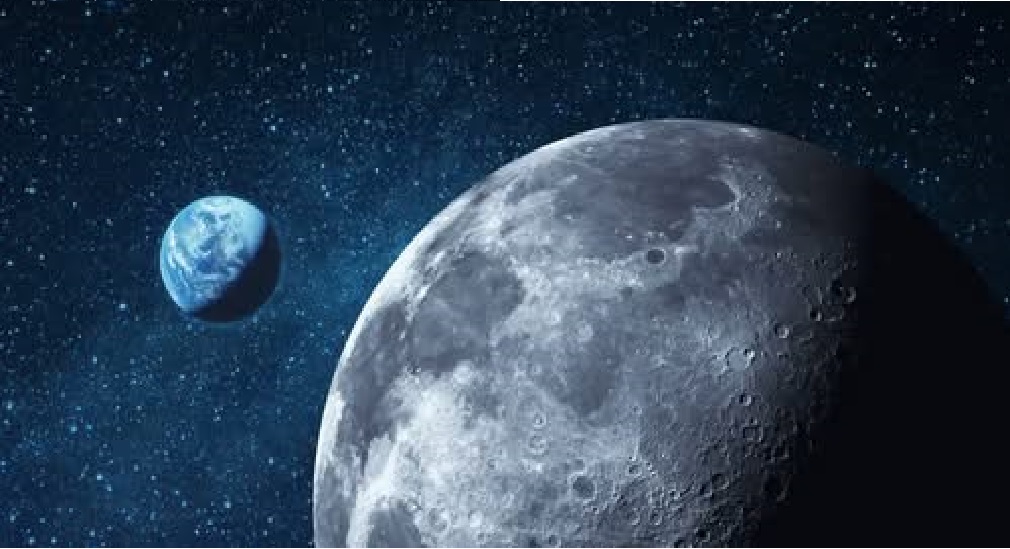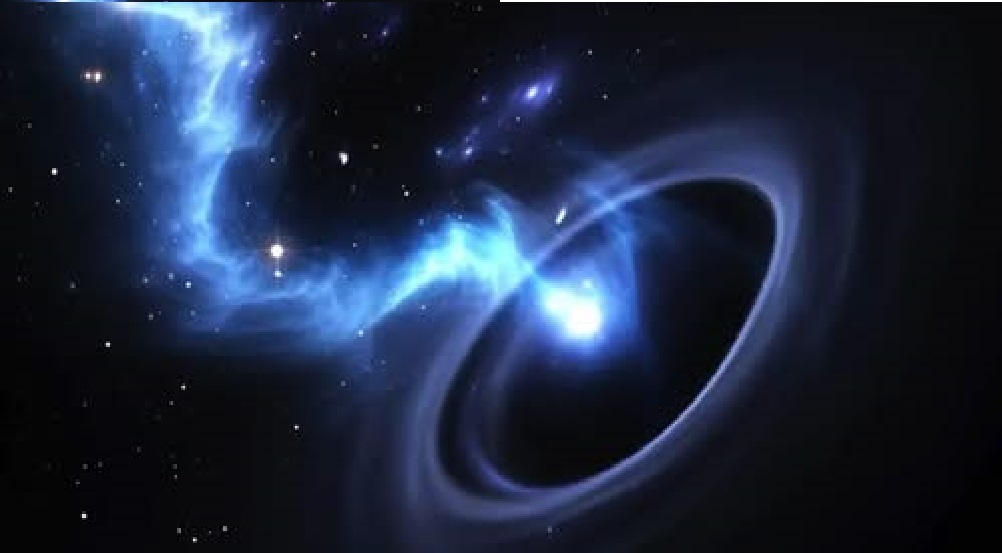
From Earth, the night sky seems unchanging, but in reality, the universe is expanding—and at an accelerating rate. This phenomenon, first observed in the 20th century, defies earlier expectations that gravity would slow expansion over time. Instead, a mysterious force called dark energy drives galaxies apart, making the universe grow faster as it ages.
Dark energy permeates the vacuum of space, exerting a repulsive force that counters gravity. This enigmatic energy is responsible for the universe’s accelerated expansion, but its true nature remains unknown. Astronomers like Wendy Freedman and Dan Scolnic note that understanding dark energy is crucial to predicting the universe’s ultimate fate.
The expansion rate of the universe is measured by the Hubble constant, calculated using distant celestial signals like supernovae and variable stars. However, conflicting results—known as the “Hubble tension”—challenge scientists’ understanding of cosmic history. Some researchers believe the discrepancy points to errors in data interpretation, while others see it as evidence of unknown physics affecting the universe’s evolution.

If current models hold, the universe may experience a “big freeze,” where expansion continues, stars die, and space becomes dark and cold. Alternatively, if dark energy’s strength increases over time, a “big rip” could occur, tearing the cosmos apart. Other theories, such as Paul Steinhardt’s “big crunch” model, suggest the universe might eventually contract and possibly cycle through repeated expansions and collapses.
The uncertainty surrounding the universe’s expansion underscores the need for advanced observational tools. Instruments like the James Webb Space Telescope could provide new insights into dark energy, cosmic signals, and the universe’s ultimate destiny. As Freedman emphasizes, progress in science often takes time, but each discovery brings us closer to understanding the cosmos.


